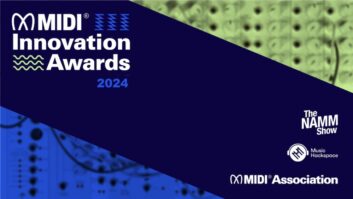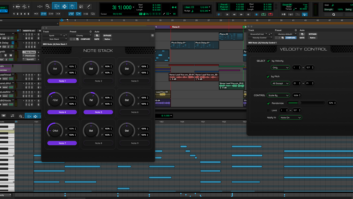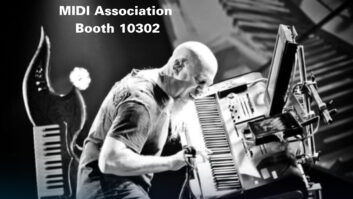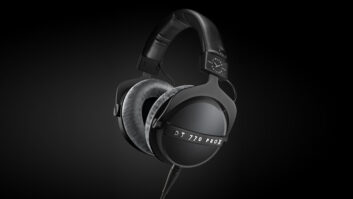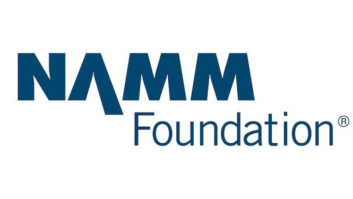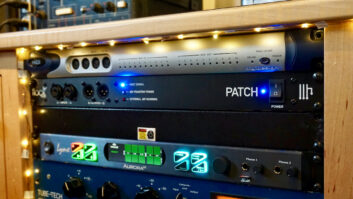Guide to MIDI Orchestration, a text discussing emulations of a symphony orchestra using samplers and computer recording techniques, is now shipping its third edition. Guide to MIDI Orchestration is now shipping; for more information, please go to www.musicworks-atlanta.com. The cost is $69.95.
“As sampling technology has changed over the last four years, the MIDI composer now has many new tools at his disposal. The large number of high quality orchestral libraries, plug-ins, and software samplers currently
available can greatly increase the potential realism, but the process of putting the composition together can be overwhelming,” states Paul Gilreath, author and president of MusicWorks Atlanta. “In writing this book, I have tried to present MIDI orchestration in a methodical manner, so that it becomes a less complicated process for the end user.”
The book is written for composers, arrangers and MIDI musicians of all levels and will be helpful to game composers, film and television composers, traditional orchestral composers, teachers, instructors and the serious hobbyist.
Detailed information on each instrument’s timbre, range and uses is included. Specific orchestration techniques are discussed, including how to use the various instruments for accompaniment and melody, how to approach an orchestration from the ground up and how to achieve balance and interest within the orchestration. Gilreath then translates these elements into the MIDI and sampling environment, providing a clear and precise approach that will allow the reader to employ the necessary techniques with assurance. Chapters on studio setup and requirements, effects processing and plug-in considerations, DAW choices and mixing guidelines highlight the text. Included are detailed reviews and recommendations of the major orchestral libraries. Insightful interviews
with industry heavyweights including mastering engineers Bob Katz and Bob Ludwig, library developers Eric Persing, Doug Rogers, Gary Garritan and Herb Tucmadl, and many working composers provide useful, real-world knowledge that can be implemented on a daily basis.
